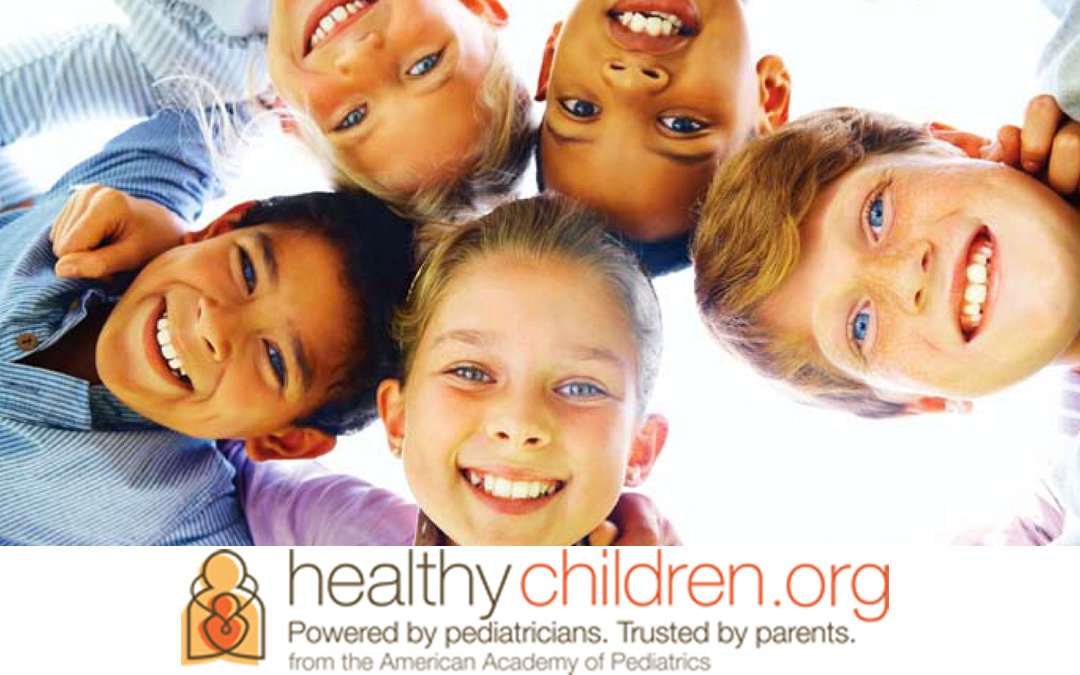In recognition of National Immunization Awareness Month. the American Academy of Pediatrics (AAP) is highlighting a new series of articles, Medicine Before Vaccines, written by senior pediatricians. These articles will remind parents what pediatric medicine was like before immunizations were available to protect against diseases likechickenpox, measles, meningitis, and human papilloma virus (HPV). The vaccines we now have give parents the safe, proven power to protect their children when they need it.
Preteens & Teens (Aug. 2-8)
Preteens and teens need Tdap (tetanus, diphtheria, pertussis) vaccine, quadrivalent meningococcal conjugate vaccine, and HPV vaccine to protect against serious diseases. A yearly flu vaccine is also recommended for all children 6 months and older. By making sure vaccines are up to date, parents can send their preteens and teens to middle school and high school – and also off to college –with protection from vaccine preventable diseases.
-
 Medicine Before Vaccines:
Medicine Before Vaccines:
Pregnant Women (Aug. 9-15)
Vaccines are an important component of a healthy pregnancy. Women should be up-to-date on their vaccines before becoming pregnant, and should receive vaccines against both the flu and whooping cough (pertussis) during pregnancy. These vaccines protect you against serious diseases and prevent you from passing diseases on to your baby after birth.
-
 Medicine Before Vaccines:
Medicine Before Vaccines:
Adults (Aug. 16-22)
All adults should get the flu vaccine each year to protect against seasonal flu. Every adult should also get the Td (tetanus, diphtheria) or Tdap vaccine once if they did not receive it as a teen to protect against pertussis (whooping cough), and then a Td booster shot every 10 years. In addition, women are also recommended to get the Tdap vaccine each time they are pregnant, preferably at 27 through 36 weeks. Adults may need other vaccines – such as shingles, pneumococcal, hepatitis, HPV – depending on one’s age, occupation, travel, health status, vaccination history, and other risk factors.
-
 Medicine Before Vaccines:
Medicine Before Vaccines:
Infants & Children (Aug. 22-29)
Babies receive vaccinations that help protect them from 14 diseases by age 2. It is very important that babies receive all doses of each vaccine, as well as receive each vaccination on time. After age 2, children are still recommended to receive a yearly flu vaccine and will be due for additional vaccine doses between 4 and 6 years of age. Getting all of the recommended vaccines is one of the most important things parents can do to protect their children’s health.
-
 Medicine Before Vaccines:
Medicine Before Vaccines:
Immunizations Infographic
The AAP has also produced a new infographic providing impressive statistics and answering important questions about immunizations for parents. The statistics include:
- Out of 1,000 U.S. children who will catch the measles, one to three of them will die.
- The average number of annual cases of measles in the 20th century in the United States was over a half million. In 2010, thanks to successful vaccines, there were only 63 cases.
- 38% of children younger than 5 years who had measles required hospitalization.
- 85% of babies born to mothers who had rubella in the first trimester will have birth defects.
- More than 95% of people who receive MMR (measles, mumps, and rubella) vaccine become immune to all three diseases.
SOURCE: https://www.healthychildren.org/English/news/Pages/National-Immunization-Awareness-Month.aspx

